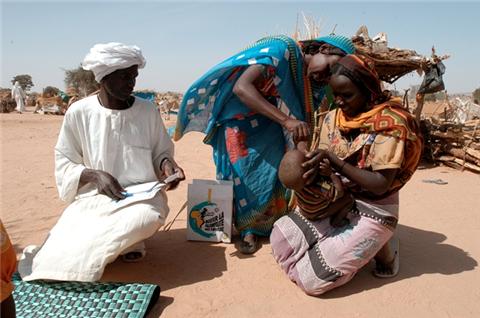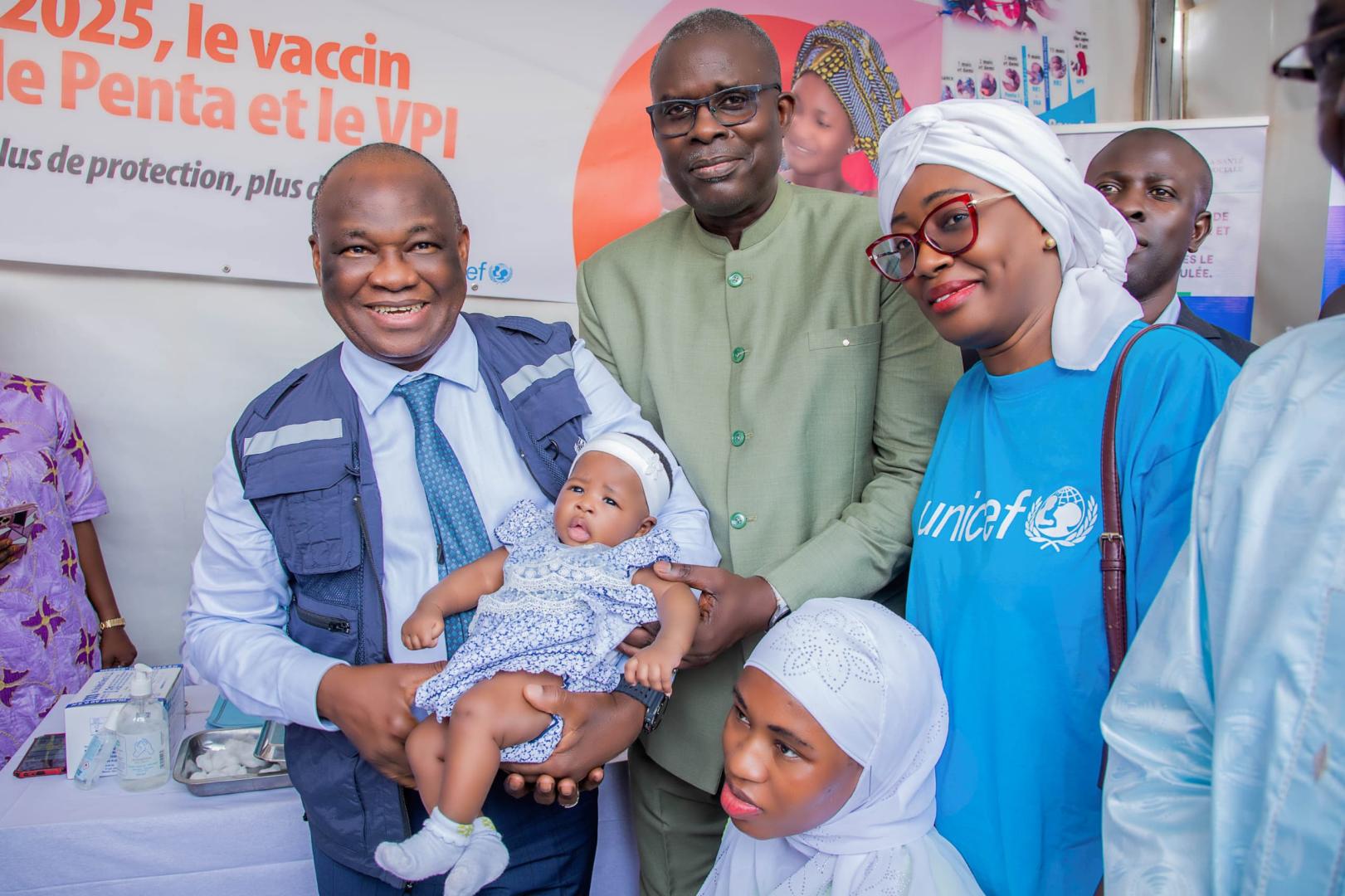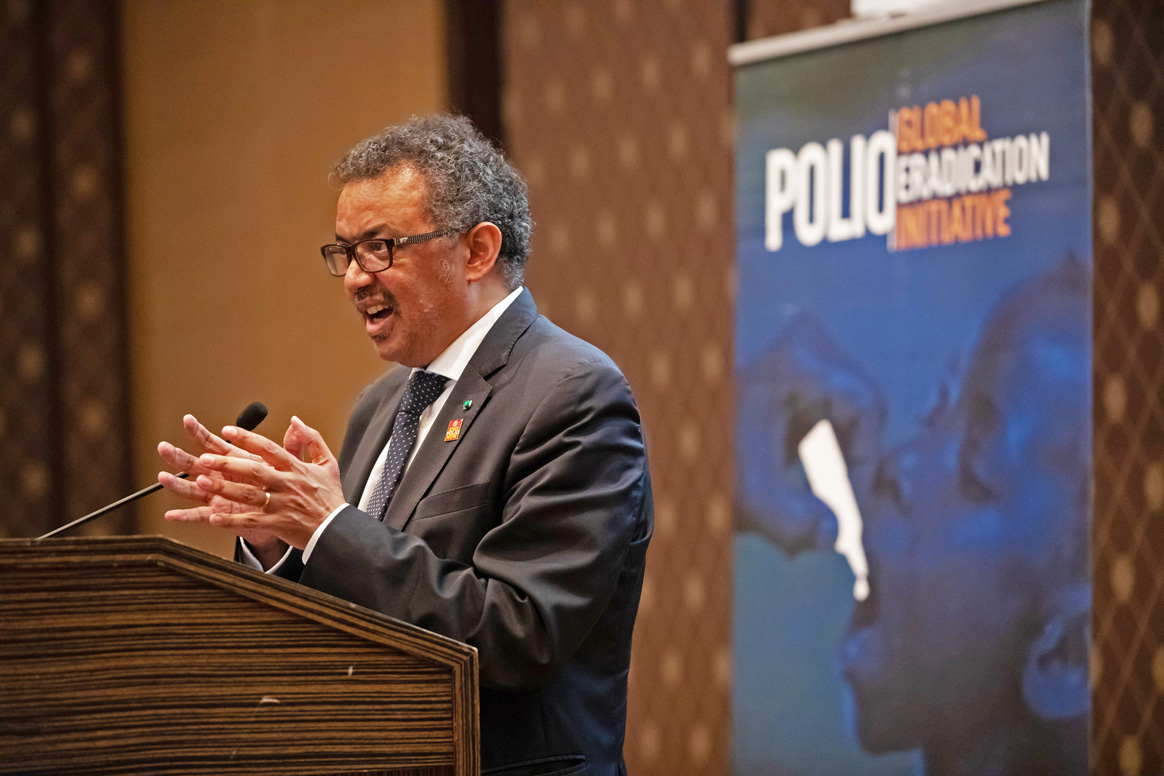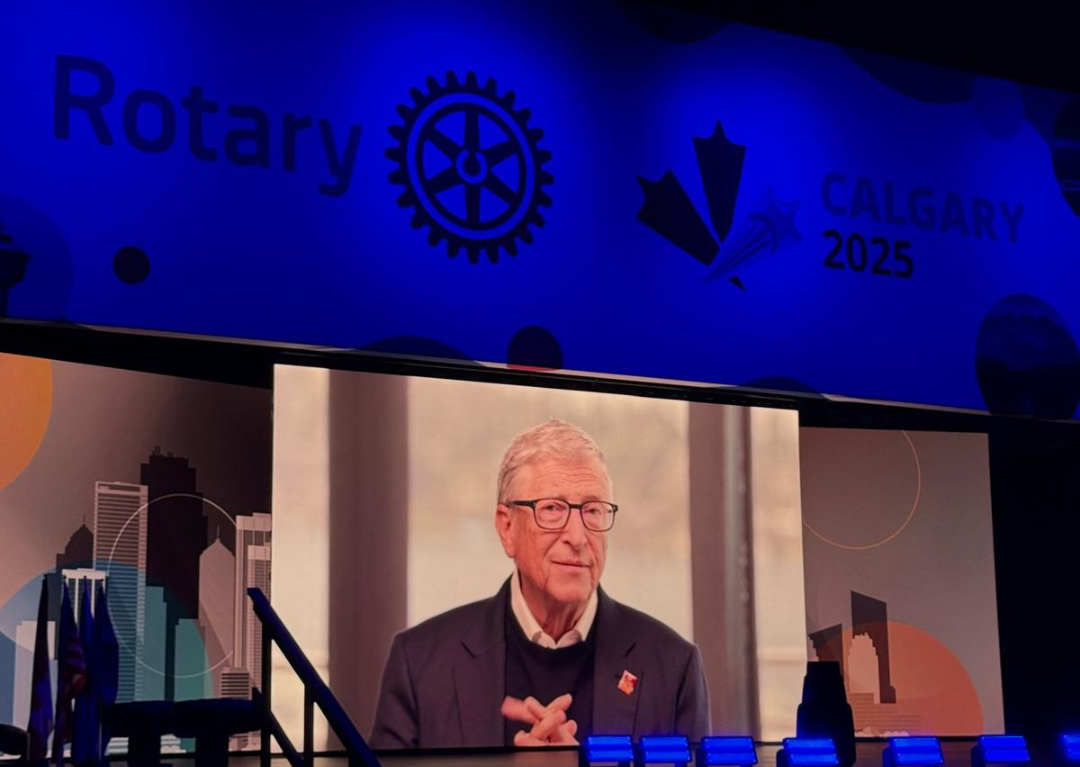
West Africa just comes off the heels in stopping a multi-country polio outbreak that affected 12 countries from 2009 to 2011, caused 281 cases and cost US$94 million to control. But the threat of a renewed outbreak now looms as large as ever.
West Africa has traditionally always been at risk of polio re-infection. Together together with a band of countries in central Africa and the Horn of Africa, west Africa forms what is collectively known as the ‘poliovirus importation belt’. Since 2003, more than 60 polio outbreaks have occurred in this importation belt. But this year, the threat of another multi-country outbreak is further magnified, due to a number of critical factors.
First and foremost, polio transmission is this year again intensifying in northern Nigeria, and it is from here that historically polio has spread into Niger, Mali and further into west Africa. Second: the entire region is seeing large-scale population movements, due to insecurity in Mali, the Sahel crisis and the upcoming rainy season – these movements could easily transport the poliovirus right back across the entire region. And finally, a lack of funds this year has forced the cancellation or scaling back of key immunization activities in 24 high-risk countries, including in many areas of west Africa. This is leaving more children there needlessly vulnerable to polio.
The key to urgently minimize the risk and consequences of renewed polio spread in the region is to boost immunity levels. Therefore, ahead of the rainy season, all available resources were prioritized, and from 29 June to 2 July, immunization campaigns took place in the very highest-risk areas of Niger, Mali, Burkina Faso and Guinea.
And at the same time, oral polio vaccine (OPV) is also being integrated into other humanitarian response activities the region. UNICEF in particular is leading a strategic body of work to provide OPV into an integrated response package right across the Sahel and Mali crises region. Working with the UN Refugee Agency UNHCR, the World Food Programme (WFP), other UN organizations and non-governmental organizations (NGOs), activities are focusing on nutrition, health (including vaccination, treatment of pneumonia and diarrhoeal diseases and distribution of bed-nets), and behavior change communication (promoting hygiene and sanitation, infant and young child feeding, etc). Immunization campaigns continue to occur in refugee camps in countries bordering Mali, including in Mauritania and Burkina Faso, and in internally-displaced persons camps in Mali itself. And population movements are actively tracked and mapped, with health posts set up at key border crossings, gathering sites and in hard-to reach areas.
These measures are the bare minimum which must be implemented, but they are opportunistic – ideally, all areas across west Africa should further boost immunity levels in a synchronized and concerted manner to urgently address the risk of a new polio outbreak. Discussions are underway for multi-country, synchronized immunization campaigns in the region later in 2012. Such activities were critical in successfully stopping the 2009-2011 outbreak. However, dependent on implementing such campaigns will be the availability of funds – and currently, the Global Polio Eradication Initiative (GPEI) continues to face a dangerous funding gap of US$945 million.
The Independent Monitoring Board (IMB), established to evaluate progress towards a polio-free world, in its most recent report underscored the potential consequences associated with this lack of financing, which it called ‘not compatible with the ambitious goal of stopping polio transmission globally.’ The IMB repeatedly expressed concern at the cuts of vaccination campaigns which are being made as a result of the ongoing funding gap and the risk this poses to children in particular in west Africa. Unless the funding gap is urgently filled, the specter of yet another multi-country outbreak could well end up costing much more – not just financially, but more importantly, in terms of the human cost.
Polio is at its lowest levels since records began, with fewer cases in fewer districts of fewer countries than at any previous time. But the risks of the disease coming back are grave. Mathematical modeling predicts that failure to achieve success now could result in as many as 200,000 new cases every year, within ten years, all over the world.
To prevent this humanitarian catastrophe, much depends on ensuring the needed funding is urgently made available.



